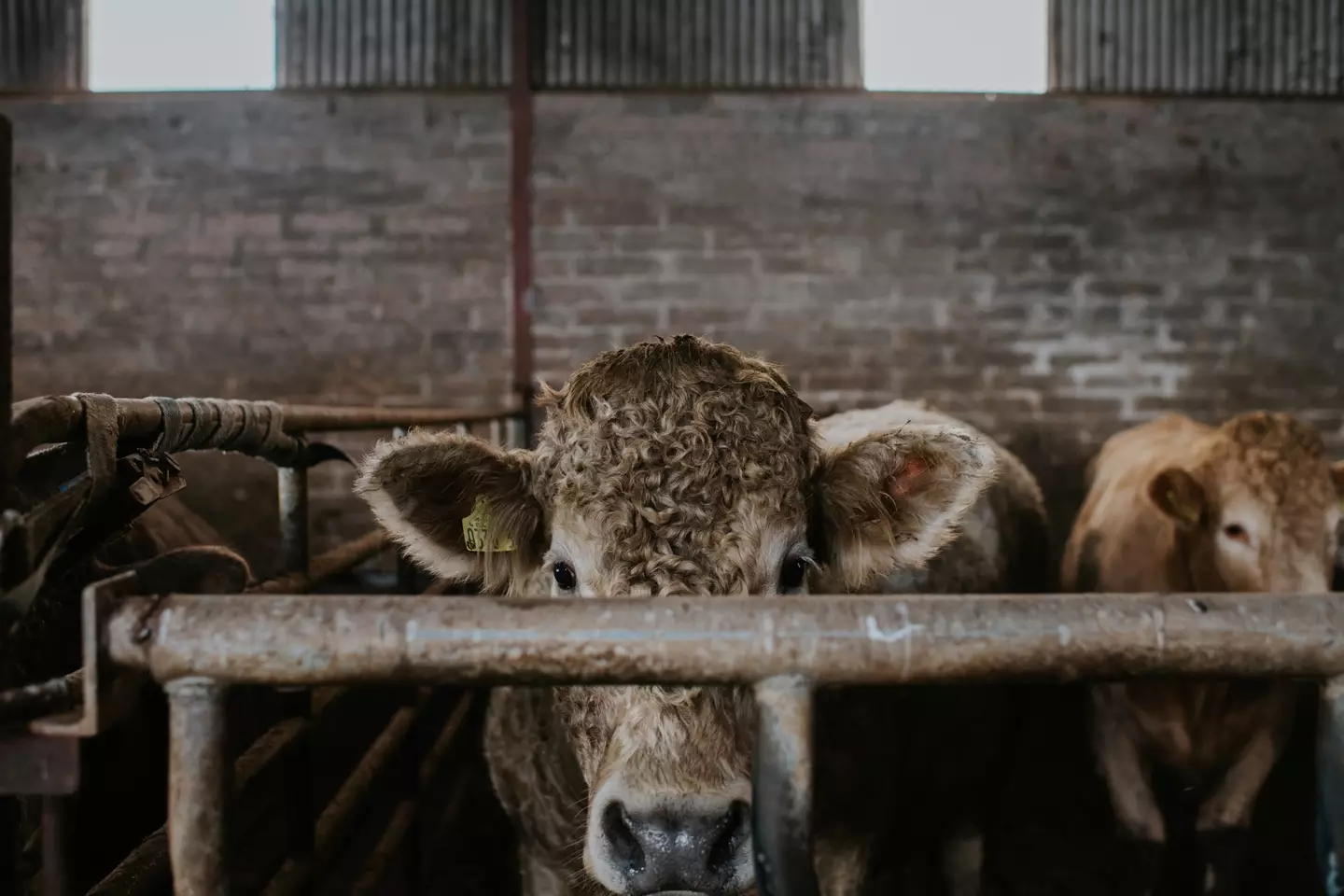
The meat industry is one of the most significant polluters. Meat contributes as much as 60% to total food production emissions, with deforestation and high methane production from cows being significant factors.
It’s also estimated that the majority of the world’s crop production goes towards feeding livestock, while plant-based foods produce half as much as meat.
While meat production is an absolute nightmare for the environment, you don’t need to quit it completely to curb your personal carbon footprint to within a sustainable range.

Advert
The weekly gram limit, however, is smaller than you might hope.
A team of researchers from the Technical University of Denmark studied over 100,000 variations across 11 diet types to calculate each one’s health and environmental implications, factoring-in carbon emissions, water consumption, land use and health impacts.
Sadly, the study yielded a pretty meagre weekly meat portion for those who want to consume it without damaging the planet: 255g.
The average chicken breast weighs somewhere between 170g and 226g, so… yeah, it’s really not a lot of meat.
This figure only applies to pork and poultry, too, with researchers saying that beef is essentially a no-go if you want to avoid damaging the environment.
“Our calculations show that even moderate amounts of red meat in one's diet are incompatible with what the planet can regenerate of resources based on the environmental factors we looked at in the study,” said Caroline Gebara, the study’s lead author.
“However, there are many other diets – including ones with meat – that are both healthy and sustainable.”
Of course, the idea that meat is bad news for the environment is nothing new. 2014’s Cowspiracy, executive produced by Leonardo DiCaprio, laid bare the extent to which the beef industry increases carbon emissions whilst damaging ecosystems and their ability to recycle carbon from the atmosphere.
The researchers noted, however, that pescetarian diets are likely to stay within an individual’s carbon limit for sustainability. Vegetarian and vegan diets are also likely to stay within the limits, along with vegetarian variations that include dairy and eggs.
Other studies have shown that a flexitarian diet can help to curb your personal carbon contribution, meaning a diet that’s plant-focused with occasional meat consumption thrown in.
We all make our own choices when it comes to sustainability and how we want to do our bit, and there’s no judgement here if you want to continue eating meat without worrying about the environmental effects.

Considering how damaging the use of private jets is, particularly when compared with commercial flights, some sections of society are certainly contributing far more to greenhouse emissions than others. We should all do our bit, especially where recycling, sensible energy use, and limited private transportation are concerned, but don’t beat yourself up too much.
After all, if Kim Kardashian once took a private flight from California to Paris for a slice of cheesecake, you can probably sleep soundly knowing your steak dinner treat was a drop in the ocean.
